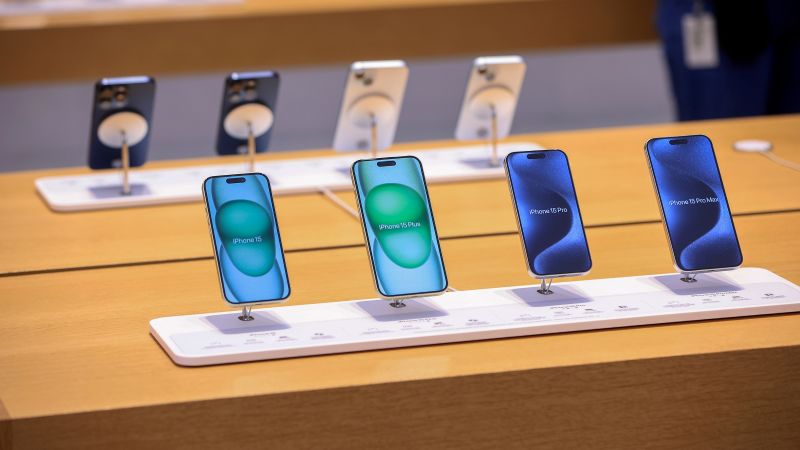Europeans using Apple, Google and other major tech platforms woke to a new reality Thursday as a landmark law imposed tough new competition rules on the companies — changing European Union citizens’ experience with phones, apps, browsers and more.
The new EU regulations force sweeping changes on some of the world’s most widely used tech products, including Apple’s app store, Google search and messaging platforms, including Meta’s WhatsApp. And they mark a turning point in a global effort by regulators to bring tech giants to heel after years of allegations that the companies harmed competition and left consumers worse off.



Probably because different messaging platforms have different opinions on how to implement encryption, and those opinions are baked into their infrastructure at a pretty low level. If two platforms don’t support a common encryption system, the only way to move traffic between them is to decrypt and re-encrypt the data at the boundary between platforms, giving both platforms access to the unencrypted messages.
Mandating a common system for E2EE seems like a good step 2, but just getting them to exchange messages at all is a good first step that doesn’t require anyone to change their backend to support a different encryption mechanism.
(Just to give an example I’m familiar with, you can tell Facebook’s encryption isn’t E2E because you access Facebook Messenger from a new device and have access to all your old chat history. Making Messenger support E2EE would break a basic assumption about how it works and what features it offers.)
I agree that decrypt/encrypt is bad—it is simply not E2EE. The solution would have to be a better method of public key distribution for ‘federated’ systems.
While I don’t know anything specific about facebook messenger, E2EE doesn’t necessarily preclude what you suggest. A messaging service could store the entire chat history encrypted without decryption keys. When you get a new client you could restore the entire history in encrypted form onto your device. You would then use a recovery key you would possess to decrypt the message history on your end. At no time would the messaging service have the keys to decrypt. I’m not saying that is what facebook does.
If there’d be a way to use FBM with an alternative client - one could use OTR.